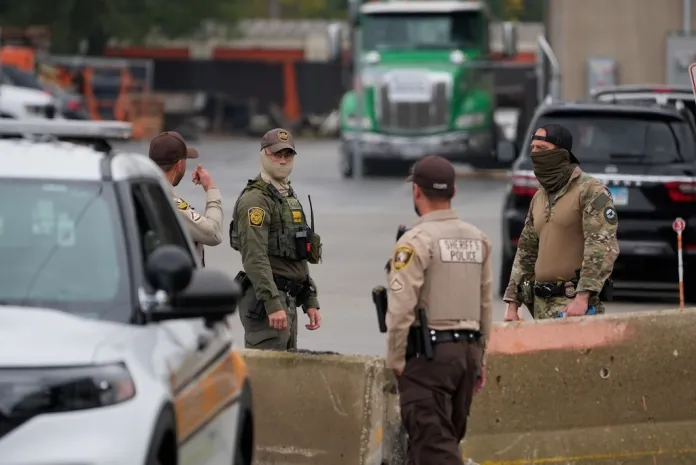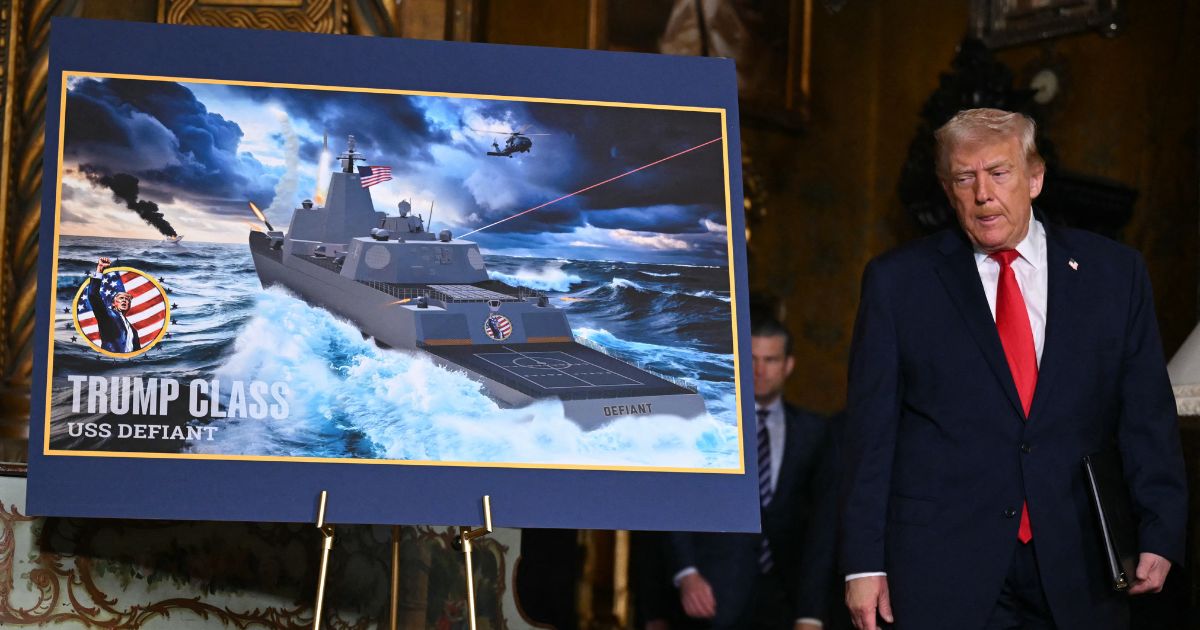Jack Smith pivots strategy in Trump criminal cases – Washington Examiner
Special Counsel Jack Smith is adjusting his strategy in his criminal cases against former President Donald Trump, especially as he faces setbacks in prosecuting Trump over the 2020 election and classified documents. Recently, Smith filed a superseding indictment in a D.C. case, narrowing the charges after the Supreme Court ruled that Trump was immune from prosecution for certain actions included in the original indictment. Legal experts view this move as a possible “last-ditch effort” to preempt a dismissal by defense attorneys.
As the election date approaches, Smith’s new strategy appears to hinge on the prospect of Trump losing in the 2024 elections. Legal analysts suggest that if Trump wins, he could effectively shut down the prosecution once in office. Smith retains four counts against Trump, including conspiracy to defraud the U.S., although the revised indictment presents a less aggressive case. The shift in strategy is compounded by delays and appeals, leading Smith to align with the Department of Justice’s broader approach in navigating these complex legal waters. A status conference is scheduled to discuss the case, but it’s uncertain how the new indictment will influence upcoming legal proceedings.
Jack Smith pivots strategy in Trump criminal cases
Special counsel Jack Smith, facing setbacks in both of his criminal cases against Donald Trump, is hedging bets on the former president losing the 2024 election in the hope of one day securing a criminal conviction.
Smith on Tuesday filed a superseding 36-page indictment in the 2020 election case in Washington, D.C., based on a more narrow set of allegedly criminal acts after the Supreme Court ruled this summer that Trump was immune from prosecution for some of the conduct included in Smith’s original 45-page indictment.
Former federal prosecutor Neama Rahmani told the Washington Examiner Smith’s amended indictment piles atop a series of missteps the prosecutor has made in his quest to convict Trump, calling the superseding indictment a “last-ditch effort to try to avoid a motion to dismiss” the Washington case by defense attorneys.
“Smith filed the classified documents case in Florida instead of Washington, D.C., to avoid a change of venue motion,” Rahmani said, noting in hindsight, that “was a mistake” because a more friendly Trump-appointed judge was selected to take on that case.
Ohio-based attorney Danny Karon likened the new charging document to “halftime adjustments” to the original indictment, noting that given the close proximity now to the election, “whether this second indictment will matter is going to be up to the voters.”
“The case most certainly wouldn’t go to trial before the election, and if Trump wins the presidency, he controls the Justice Department, which means he’ll shut down the case,” Karon added.
The special counsel maintained the four counts against Trump, including conspiracy to defraud the United States, but limited the evidence in the indictment and even removed one unnamed individual, former Department of Justice official Jeff Clark, from a list of unindicted co-conspirators.
“Smith had to walk a fine line in seeking a new indictment, presenting the case to a new grand jury and with a little less teeth than the original indictment as he tries to keep within the high court’s ruling but still pursue criminal charges,” Karon said.
Also this week, Smith filed his first argumentative brief over U.S. District Judge Aileen Cannon’s decision to toss out the separate classified documents case in Florida, attempting to convince a federal appeals court to overturn the decision that the special counsel was improperly appointed.
Due to appeals and delays, both the 2020 election case and the classified documents case have not been expected to have jury trials this fall even before Smith filed his superseding indictment on Tuesday.
Smith, who was once insistent on holding trials before the election, is now forced to pivot to a prosecutorial strategy, which considers the outcome of the Nov. 5 election, including if Trump fails to win back the White House.
The change in strategy became even more clear when the New York Times reported last week that prosecutors won’t seek to hold a “mini-trial” in Trump’s Washington case. In essence, some legal experts suggested earlier this summer that presiding U.S. District Judge Tanya Chutkan may invite witnesses to testify on certain aggravated offenses in the indictment before the actual trial, but sources familiar with Smith’s plans shut down those speculations.
Chutkan has a status conference currently set for Sept. 5 to discuss issues related to the case, but it’s unclear how this new indictment will affect what’s discussed during the conference.
But what is clear for now is that Smith is focused on taking court proceedings at an even pace, in part because of the futility of trying to start a trial before the election and perhaps due to the entire DOJ’s effort to create a unified and consistent approach to the new immunity precedent.
Kevin McMunigal, a former assistant U.S. attorney in California, told the Washington Examiner if there was ever a precedent-setting and important court decision while he was at the Golden State office, “the people at ‘Main Justice’ were very much in touch with the trial lawyers to want to keep them from taking positions that would be at odds.”
In other words, the DOJ is interested “in keeping all the troops lined up and the ducks lined up in order” when it comes to interpreting new precedent, McMunigal said. After all, prosecutors want their charges to stand up to a judge’s muster and lead to an eventual conviction.
Perhaps the next big test of Smith’s strategy could occur as Smith continues to fight Cannon’s decision to rule he was improperly appointed by Attorney General Merrick Garland under the Appointments Clause.
Trump has yet to file a motion to remove Smith in the Washington case, and depending on the outcome of Smith’s appeal of Cannon’s decision, he could tee up a circuit split over the constitutionality of Smith’s appointment. However, experts like McMunigal said he would be surprised if the U.S. Court of Appeals for the 11th Circuit upheld Cannon’s decision.
In the meantime, the former president has kept up his public hostility toward the special counsel for keeping the case on a steady pace as Election Day approaches, while polls show his opponent Vice President Kamala Harris is closing the gap in key states like Arizona, Georgia, Nevada, and North Carolina.
“This is merely an attempt to INTERFERE WITH THE ELECTION, and distract the American People from the catastrophes Kamala Harris has inflicted on our Nation, like the Border Invasion, Migrant Crime, Rampant Inflation, the threat of World War III, and more,” Trump posted to Truth Social Tuesday evening.
" Conservative News Daily does not always share or support the views and opinions expressed here; they are just those of the writer."




